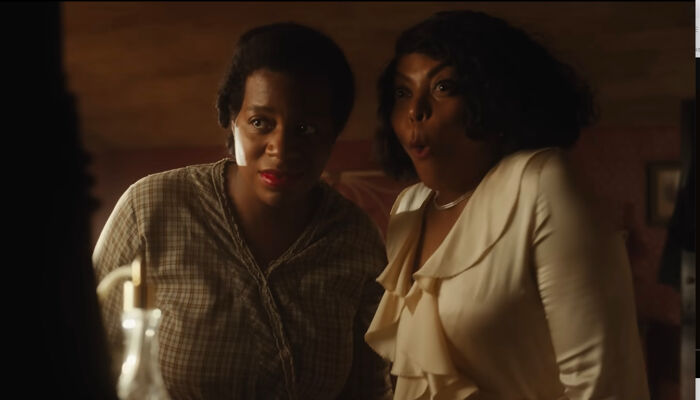Aunjanue Ellis-Taylor expressed disapproval of “The Color Purple” for its portrayal of lesbian love as “clean and respectable.”
Sign up for more LGBTQ+ news and updates at TrueQueer.
Aunjanue Ellis-Taylor, a well-known actress, recently expressed her disappointment with the latest adaptation of Alice Walker’s renowned novel, “The Color Purple.” In a recent interview with Buzzfeed, Ellis-Taylor shared her concerns about how the central lesbian relationship was portrayed in the story.
According to Ellis-Taylor, “The Color Purple” is primarily a narrative about Black lesbians. Despite attempts to shift the focus to themes of sisterhood, she emphasized that the core of the story revolves around Black lesbian characters. She firmly stated, “It’s still a movie about Black lesbians. Period.”
The 2023 film adaptation of “The Color Purple” is the second time the story has been brought to the big screen. While the 1985 version directed by Steven Spielberg received critical acclaim, it notably downplayed the romantic relationship between Celie and Shug Avery. However, Walker herself praised the newer adaptation for its more candid portrayal of the characters as lovers.
Despite Walker’s endorsement, Ellis-Taylor, who plays Celie’s mother in flashbacks in the new film, expressed her dissatisfaction with how queer elements were portrayed in the story. She lamented the tendency to sanitize and suppress the truth of Black lesbian experiences, emphasizing the importance of portraying these narratives authentically.
Drawing from her personal experience watching the original film, Ellis-Taylor recalled the impact of seeing queer representation on screen. She highlighted the significance of visibility and representation for LGBTQ individuals, especially for Black queer women like herself.
Ellis-Taylor also emphasized the importance of having Black queer women involved in the production and direction of films that tell their stories. She criticized the lack of diverse perspectives behind the camera in both adaptations of “The Color Purple,” highlighting the need for authentic representation and storytelling.
In conclusion, Ellis-Taylor called for honesty and courage in storytelling and filmmaking, urging creators to stay true to the original intention of works like “The Color Purple.” She emphasized the enduring relevance and significance of Walker’s novel as a seminal piece of literature that continues to resonate with audiences.
As discussions around representation and diversity in media continue to progress, voices like Aunjanue Ellis-Taylor’s remind us of the importance of authentic storytelling and inclusive narratives in film and literature. The impact of accurate and respectful representation cannot be underestimated, especially for marginalized communities like Black lesbians.
Follow us on: Facebook for more LGBTQ+ news and updates at TrueQueer.
![]()

